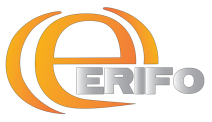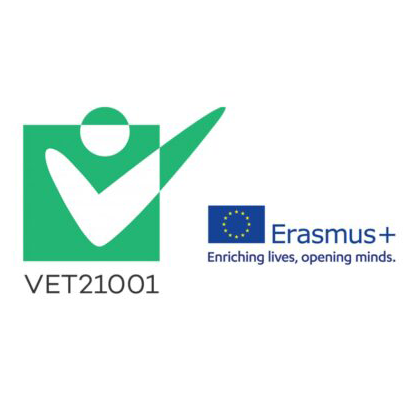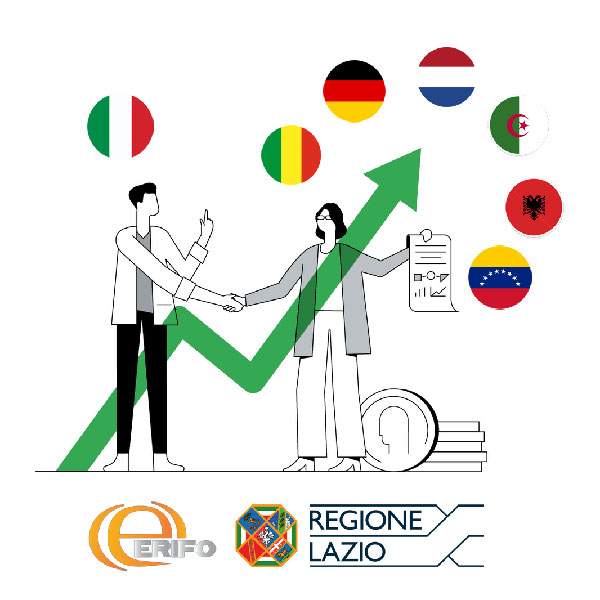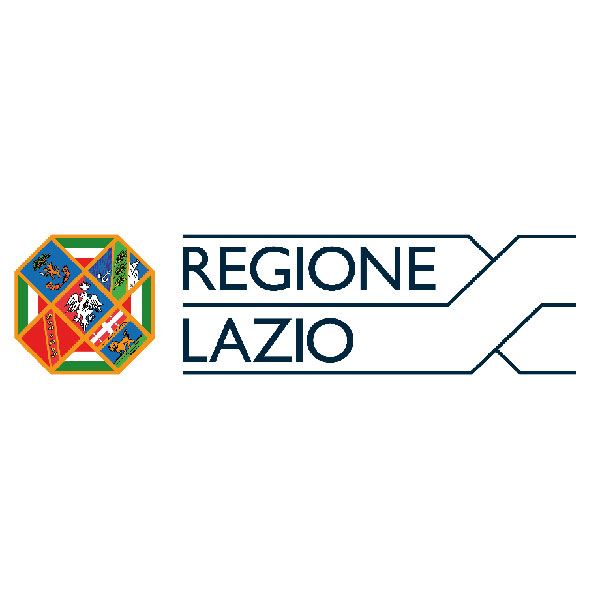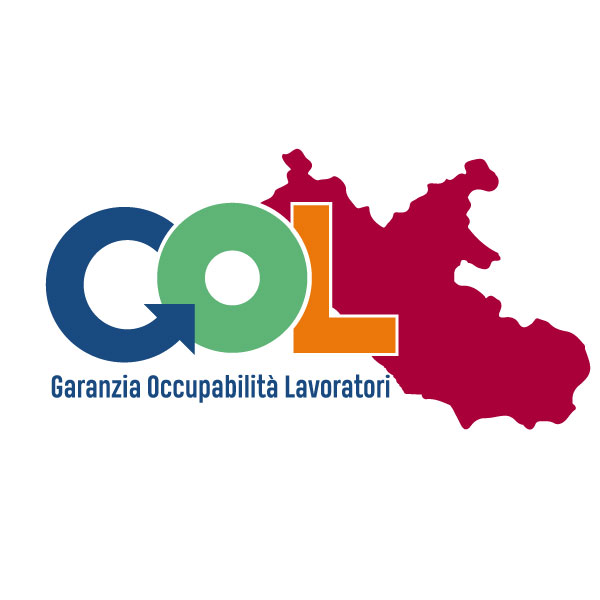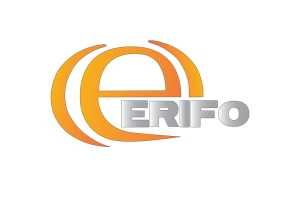- Fondazione ERIFO Impresa Sociale > Lun-Ven 09:00-18:30
- +39 06 69 320 850
- erifo@erifo.it

Flow
3 July 2022
4 Export
4 July 2022A standardized practical toolkit to implement EQAVET
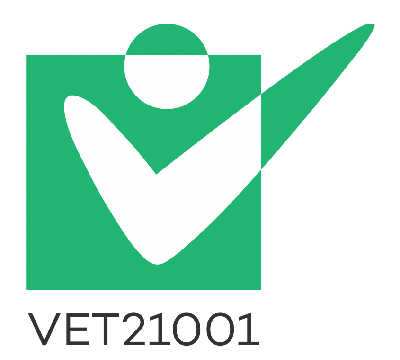
Title A standardized practical toolkit to implement EQAVET
Acronym VET21001
Action KA2 – Cooperation for innovation and the exchange of good practices
Durata 36 mesi (01.09.2019 al 30.08.2022)
ERASMUS+ Program
Project code 2019-1-IT01-KA202-007827
Capofila E.RI.FO (Italia)
Partner 6 partner di 4 paesi (Italia, Malta, Portogallo, Slovenia)
E.RI.FO (Italia)
AEPTL – Associacao para o ensino profissional em transportes e logistica (Portogallo) Skupnost visjih Strokovnih Sol Republike Slovenije (Slovenia) Aeva – Associacao para a educao e valorizacao da Regiao De Aveiro (Portogallo) Malta College of arts science and technology (Malta) Knowledge Innovation Centre LTD (MALTA)
All those who intend to deepen EQAVET (European reference framework for quality assurance in vocational education and training).
VET21001 has as its primary aim the development of a practical and standardized toolkit to be implemented to deliver a European quality assurance framework for vocational education and training (VET). In this regard, EQAVET intends to take an example from ISO products, such as ISO 9001 and ISO 21001, both of which have enjoyed great success both in the European and international arena. Given the context, the consortium defined as its further aim to participate in self-sustainable market dynamics, conducive to broadening the adoption of EQAVET criteria, in order to contribute to the continuous improvement of European VET and HVET services (VET ) and to the worldwide recognition of its services as a mark of excellence.
The project promotes participation in self-sustainable market dynamics, conducive to extending the adoption of EQAVET criteria, to improve European VET and HVET (VET) services.
I risultati attesi del progetto sono 5:
Analisi dei bisogni EQAVET, identificando le difficoltà affrontate dagli utenti, nel comprendere e implementare il sistema della qualità.
Identificare i profili di competenza dei diversi soggetti interessati a EQAVET.
Determinare le norme per uno schema di certificazione accreditato per EQAVET.
Progettare un programma e sviluppare un’attività e materiali pedagogici per l’acquisizione delle competenze necessarie.
Sviluppare un toolkit (EQAVET+) per facilitare e supportare l’implementazione dei criteri EQAVET.
Link website https://vet21001.eu/
